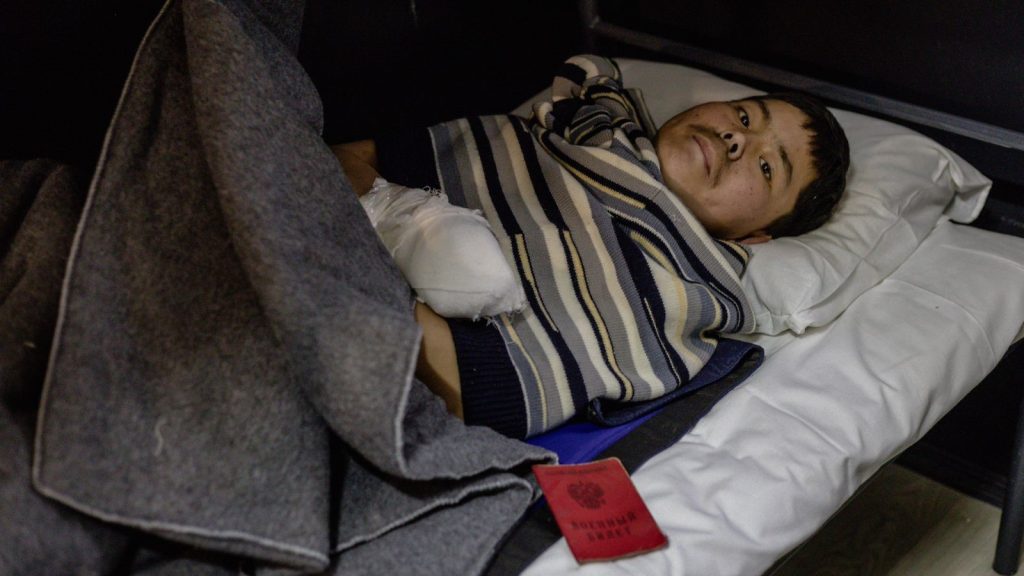North Korean troops are not being used effectively due to communication problems.
Others are reading now
The war in Ukraine has lasted more than three years.
It has drawn in foreign support on both sides, with Western nations supplying weapons and financial aid to Kyiv while Russia turns to allies for reinforcements.
What was expected to be a short campaign has turned into a long and costly conflict. Losses continue to mount, and reports indicate that new forces are being brought into the fight.
Also read
A Problem With Language
Admiral Rob Bauer, chairman of NATO’s Military Committee, said that many North Korean soldiers fighting in Russia have been killed or wounded. Speaking after a meeting of NATO defense chiefs, he stated:
“We know that around 11,000 soldiers are in the (Russian) region of Kursk, used by the Russians. What we know now, and also from the Ukrainians, is that a third of them are wounded or dead.”
Bauer noted that North Korean troops are not being used effectively due to communication problems with Russian forces, according to 20Minutos.
“There is a problem of language with the Russians, so the coordination between the Russians and the North Koreans is not really possible,” he said.
While he did not confirm whether they were being used as human shields, he suggested they were being deployed in ways that put them at high risk. “Many of them will die, and that is how it is,” he added.
He also mentioned that captured North Korean soldiers are being interrogated and could provide valuable intelligence. He pointed out the unexpected role of North Korea in the war, stating:
“It remains surprising that one of the most isolated countries in the world, North Korea, is now suddenly an actor.” He also found it “fascinating” that China was allowing this involvement.
Bauer estimated that “700,000 Russian soldiers have been wounded or killed in three years of invasion of Ukraine, an enormous figure.”
He acknowledged that the war remains difficult for both sides but noted, “Ukraine is not collapsing at the front,” and Russian forces have not met their strategic goals.
General Christopher G. Cavoli, NATO’s Supreme Allied Commander for Europe, reaffirmed that support for Ukraine will continue.
He pointed to NATO’s existing infrastructure and supply networks, ensuring that military aid will keep flowing.


